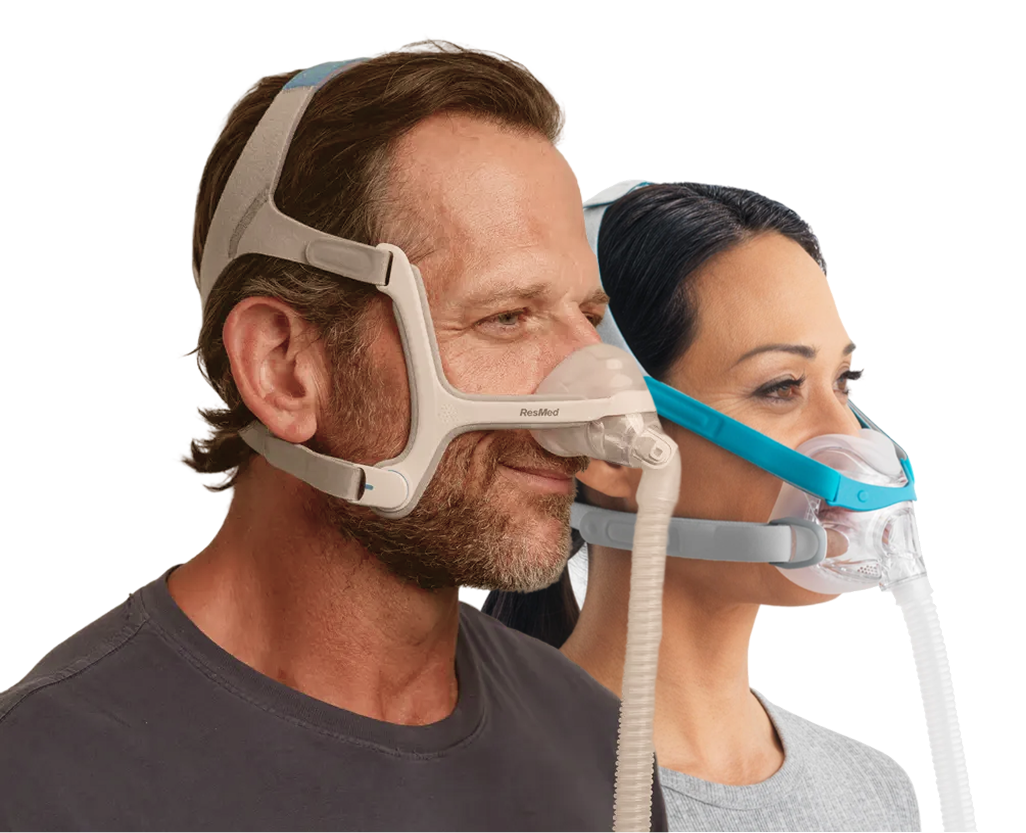Insomnia is a condition characterized by ongoing challenges in falling asleep, maintaining sleep, or experiencing restful sleep. At CPAP Discount Warehouse, we explore various forms of insomnia, including a peculiar variant known as paradoxical insomnia. This condition centers around the phenomenon where individuals believe they have been awake for most of the night, even though they have actually slept for a nearly normal duration.
Exploring Paradoxical Insomnia
Previously referred to as sleep state misperception, paradoxical insomnia is a condition where individuals perceive themselves to be awake through much of the night, despite actually sleeping for a standard amount of time. This leads to a significant underestimation of their total sleep time, with sufferers often feeling as though they've hardly slept at all.
The quest to understand paradoxical insomnia has been complicated by the absence of a clear agreement on how to define and measure objective versus subjective sleep times. Research suggests that the incidence of this condition varies widely, from 8% to 66%, depending on the study's criteria, making it challenging to pinpoint its prevalence.
For those with traditional insomnia - sometimes called objective insomnia in medical contexts - there's often a noticeable gap between how long they feel they've slept and their actual sleep duration. This gap is even more pronounced in individuals with paradoxical insomnia, who, despite achieving a relatively normal amount of sleep and having minimal daytime dysfunction, report many of the same symptoms as those with objective insomnia. Furthermore, paradoxical insomnia seems to elevate stress levels comparably to objective insomnia.

Distinguishing Paradoxical Insomnia from Paradoxical Sleep
It's important not to confuse paradoxical insomnia with paradoxical sleep, the latter referring to the REM (rapid eye movement) sleep phase, characterized by active brain function while the body remains in a state of rest.
Underlying Causes of Paradoxical Insomnia
The exact causes of paradoxical insomnia remain unclear, though ongoing research is investigating various potential factors. Personality traits such as neuroticism, which may be linked to higher levels of anxiety and arousal, are being explored as possible contributors. Another area of study is the brain's neural architecture during sleep, with some evidence suggesting that individuals with paradoxical insomnia exhibit unique patterns of brain activity indicative of arousal.
Paradoxical Insomnia's Association with Other Conditions
Paradoxical insomnia can co-occur with other disorders, both sleep-related and otherwise. For instance, individuals with obstructive sleep apnea (OSA) are more likely to misjudge their sleep duration, as are those with major depressive disorder or post-traumatic stress disorder (PTSD). Additionally, people with irritable bowel syndrome (IBS) may also underestimate their sleep length.
Symptoms and Diagnosis
Commonly, those with paradoxical insomnia report a heightened awareness at night and a belief that they sleep only minimally, despite objective evidence to the contrary. The condition might lead to sleep disturbances over time, exacerbated by the distress from perceived sleep loss.
Diagnosing paradoxical insomnia typically involves a sleep study, where discrepancies between reported and actual sleep can be objectively measured. Actigraphy, which monitors sleep patterns through a wearable device, can also aid in diagnosis. However, diagnosing this condition remains challenging, and it's often considered only after other treatments fail or if additional sleep disturbances are suspected.

Addressing Paradoxical Insomnia
There's no universally accepted treatment for paradoxical insomnia, but several approaches may be beneficial. Medications, including sedatives and antipsychotics, are sometimes prescribed, though their effectiveness and potential side effects are points of debate.
Educational interventions on sleep, alongside sleep hygiene and relaxation techniques, are also employed. Cognitive-behavioral therapy (CBT), which aims to modify detrimental thought patterns and behaviors, has shown promise in improving both the quality and perceived duration of sleep, offering hope for those grappling with paradoxical insomnia.
Get in Touch
We love hearing from our readers! Whether you have a question, a comment, or just want to share your own experiences, don't hesitate to reach out. Your insights and feedback are what help us grow and improve. Here's how you can get in touch:
- Phone: 08 8166 0816
-
Email Us: Drop us a line at contact@cpapdiscount.au. We aim to respond to all emails within 48 hours.
-
Connect on Social Media: Follow us on Facebook for the latest updates, tips, and discussions. Feel free to send us a message or comment on our posts!
-
Leave a Comment Below: Our blog thrives on community interaction. Share your thoughts in the comment section below each post. We're always keen to engage in meaningful conversations with our readers.
-
Subscribe for Updates: Don't miss out on our latest content. Subscribe to our newsletter for regular updates, exclusive insights, and more.
Your voice matters to us, and we're eager to hear what you have to say. Get in touch today!






